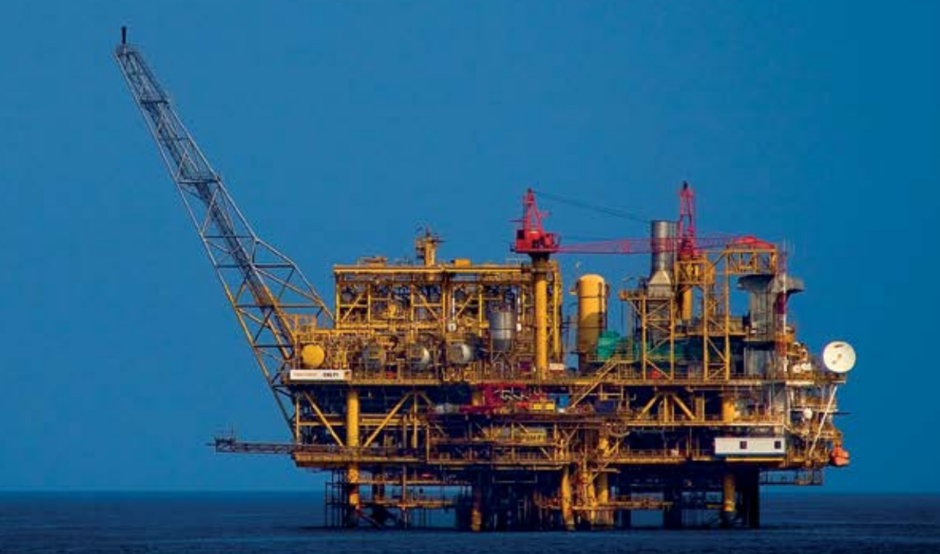
Angola plans to complete the sale of stakes in national oil company Sonangol EP and diamond firm Endiama within the next five years, according to the chairman of the government’s asset-management agency.
The two companies were the among the largest of 195 state-owned firms and assets the government initially earmarked for disposal between 2019 and this year. The onset of coronavirus pandemic delayed the process and the number of assets was revised to 178.
“We don’t know if Sonangol will be privatized in 2023, 2024 or 2025,” Patricio Vilar, the chairman of the Institute of Management of Assets and State Participations, and the driving force behind the privatization program, said in an interview in Luanda, Angola’s capital, last week. “What I can guarantee is that, if the market is ready, Sonangol and Endiama will be privatized” during the new government’s five-year term, he said.
Vilar reiterated the government’s commitment to ultimately selling 30% of Sonangol, but said the sale could be carried out in several stages, with the terms still under consideration.
President Joao Lourenco, who won a second five-year mandate last month, has vowed to forge ahead with efforts to diversify Angola’ economy, attract foreign investment and jobs. Africa’s second-biggest oil producer relies on crude for more than 90% of its export revenue.
The sale of holdings in lender Banco Caixa Geral Angola SA, petrol-station network Sonangalp, cable company TV Cabo Angola and insurance firm ENSA are among those planned for this year.
“We have to be careful not to flood the market,” said Vilar, a former head of the Luanda-based bourse, Bolsa de Divida e Valores de Angola.
Sonangol and Endiama are contributing to the privatization program by disposing of some of their own investment holdings. In June, both firms sold a total 10% stake in Banco BAI, the nation’s biggest lender, in the country’s first initial public offering of shares.
The government has already raised $1.25 billion through the disposal of 92 assets, with Angolan-based companies constituting about 70% of the buyers, according to Vilar. Many of the assets sold were small industrial units and farms that were more attractive to local investors, he said.
Painful reforms carried out by the government under an International Monetary Fund program that ended in 2021 have meanwhile bolstered the value of the kwanza and helped lure foreign buyers, whose investments have revived obsolete industries, Vilar said.
“Today, there are industries for processing wheat and biscuits that did not exist in Angola for 30 years,” he said. “We are creating a new world.”
Recommended for you
